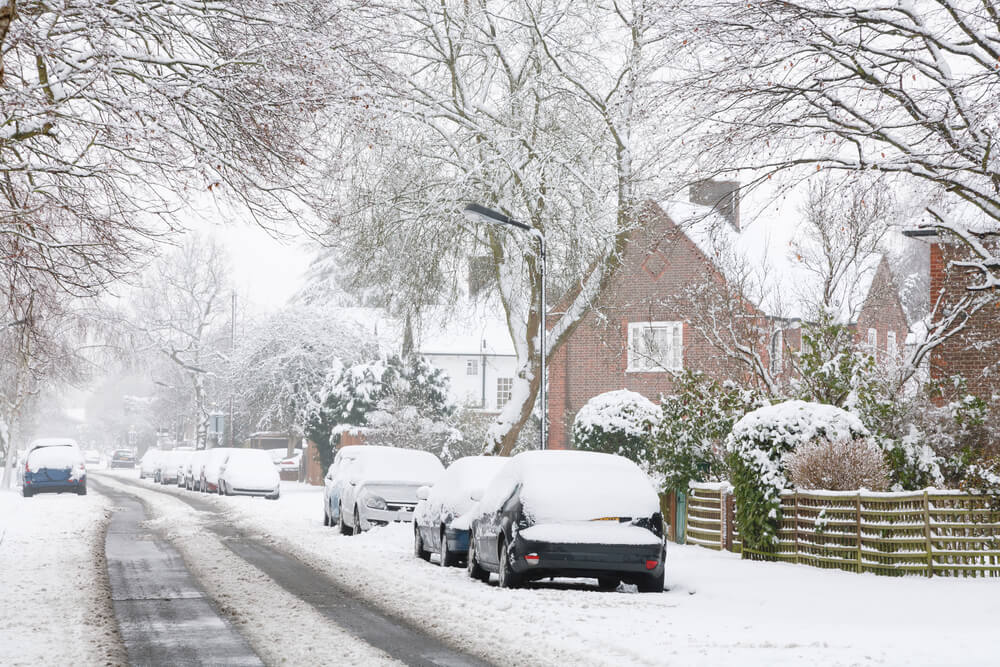With the winter months approaching, you’ll want the reassurance that your second or holiday home stays safe and secure while it remains unoccupied. Of course, the same applies to any property left empty for an extended period – whether that’s because you’re away on a long holiday, or in the case of a probate property awaiting administration, for example.
It’s always prudent to check the details of your UK holiday home insurance or unoccupied property insurance. In particular, you’ll want to confirm what provisions apply while the property stands empty. These provisions will almost certainly include reasonable steps the insurer expects you to take to reduce the risk of loss or damage – in some cases, this could be maintaining heating, turning off water supplies, and arranging regular inspections. Your requirements may vary among policy providers, so ensure you understand what your obligations are – or check with your insurance provider for clarification.
Visits and inspections
As with any other kind of property insurance, your insurance is conditional on maintaining the structure and fabric of your second home in a good state of general repair.
In the case of your holiday or unoccupied home, and as winter weather begins to take its toll, your insurer is also likely to insist that the condition of the property is regularly checked, and a careful record kept of those inspection visits. This is a largely commonsense precaution, of course, and you or a representative can do this.
Particular areas of concern
In addition to regular inspection visits, there are some particular areas of concern where your insurer may ask for special attention if your residence or holiday home stands unoccupied during the winter months:
Do I need to leave heating on in an empty property?
One of the biggest – and costliest – emergencies in any home during freezing winter weather is burst pipes. The risk is considerably greater, of course, if the home is unoccupied.
Your insurer will be thoroughly aware of that risk too. Some insurers stipulate that heating must be kept at a set minimum temperature on a continuous basis, while others may accept timed heating or insist that the water system is fully drained down.
It’s essential to review the terms and conditions of your unoccupied property or holiday home insurance policy carefully – particularly if the property will be empty for a long period – so you meet all requirements and reduce the risk of a claim being declined.
What happens if pipes burst in my unoccupied home?
Because your insurer is also aware of the costly risk of burst pipes, any claim for subsequent damage may be rejected if you have failed to take adequate and reasonable precautions against the risk.
WaterSafe – the organisation for approved plumbers in the UK – offers detailed advice about the precautions you can take to avoid burst pipes and what to do if the worst happens.
Will insurers cover damp or mould in an empty property?
Mould and damp typically spread insidiously in any property. The problem may become worse during the winter but usually takes some time to develop. In those cases, damp and mould are typically the result of poorly ventilated spaces – and a lack of adequate ventilation may be an issue if your residence, second home, or holiday home is unoccupied for any length of time.
Nevertheless, damp and mould are typically preventable and can be avoided through proper care, maintenance, and ventilation. Therefore, insurers may often exclude loss or damage arising from damp or mould – unless the conditions have been caused by a sudden, unavoidable, insured event.
Summary: why understanding your policy matters
As we have mentioned above, every insurer sets its own rules on how unoccupied or holiday homes must be cared for during the winter months. These requirements could include leaving heating on, draining down the water system, and arranging regular, logged inspections.
If you don’t meet them, you risk invalidating your property insurance cover and having a claim declined. That’s why it’s important that you understand exactly what your own policy expects of you – and to check with your insurer or broker if anything is unclear.
Further reading:
Protecting your empty property over winter








